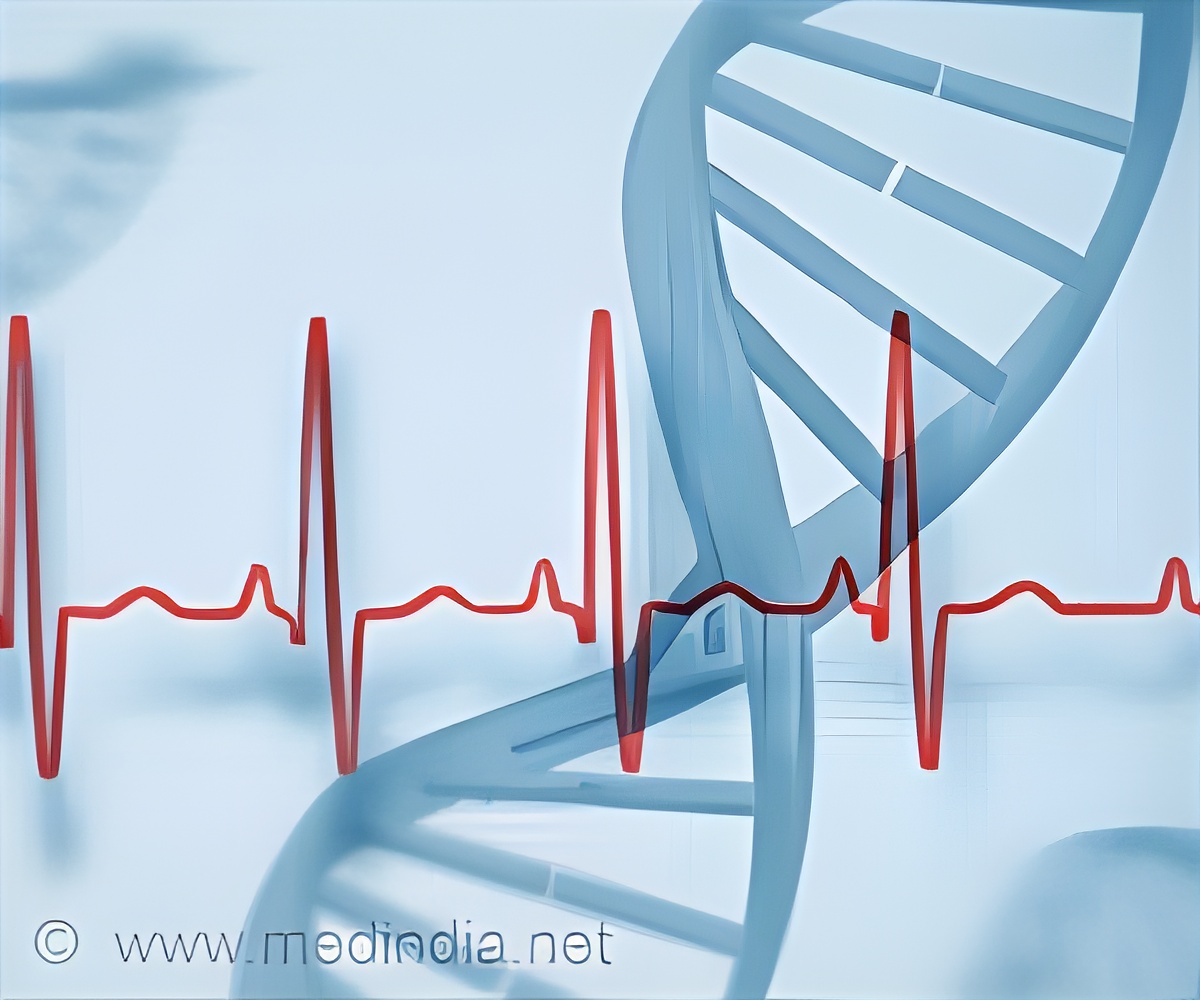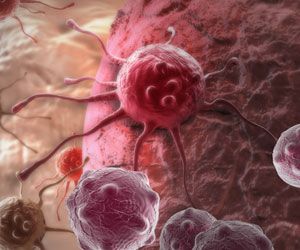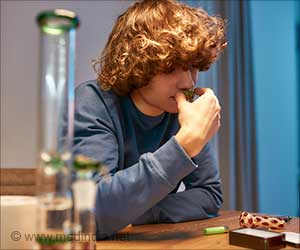Nine out of 11 first responders to the World Trade Center (WTC) have more chance of mutations that up their risk for blood cancers or cardiovascular disease.

‘First responders to the World Trade Center have an increased mutational burden that puts them at greater risk for blood cancers beyond what normally occurs with aging.’
Read More..




Among the World Trade Center firefighters, 10% had evidence of clonal hematopoiesis compared to 6.7% for firefighters who were not exposed to particulate matter from the burning skyscrapers.Read More..
Clonal hematopoiesis is an age-associated phenomenon marked by mutations in commonly mutated genes within blood cells that provide those cells a competitive advantage and increase risk of blood cancer and cardiovascular disease.
The VUMC team was able to access the DNA of 203 Nashville firefighters from BioVU.
The Vanderbilt team was able to use the de-identified, annotated data within the Synthetic Derivative (SD) to locate over 200 firefighters who were age, sex and smoking status matched to first responders at the World Trade Center disaster.
Combined with 52 firefighters recruited at the annual convention of the International Association of Firefighters, this control group was compared to those exposed to particulate matter at the World Trade Center disaster.
Advertisement
“This is the first publication that I am aware of that successfully leveraged BioVU to measure somatic genetic changes to study clonal hematopoiesis,” said Savona, one of four corresponding authors on the study.
Advertisement
Researchers also exposed mice to World Trade Center particulate matter thought to be equivalent to what the first responders absorbed. The scientists observed a significant expansion of hematopoietic stem cells 30 days after exposure.
The researchers concluded that first responders to the World Trade Center have an increased mutational burden that puts them at greater risk for blood cancers beyond what normally occurs with aging, and further studies of the particulate matter and the mechanism of blood cancer development are under way.
Source-Medindia












